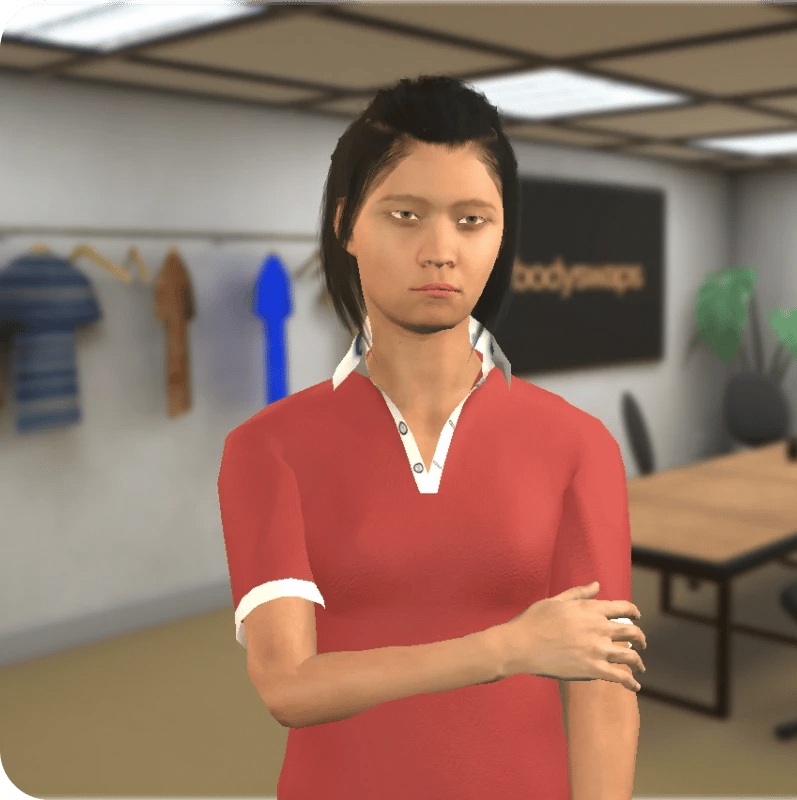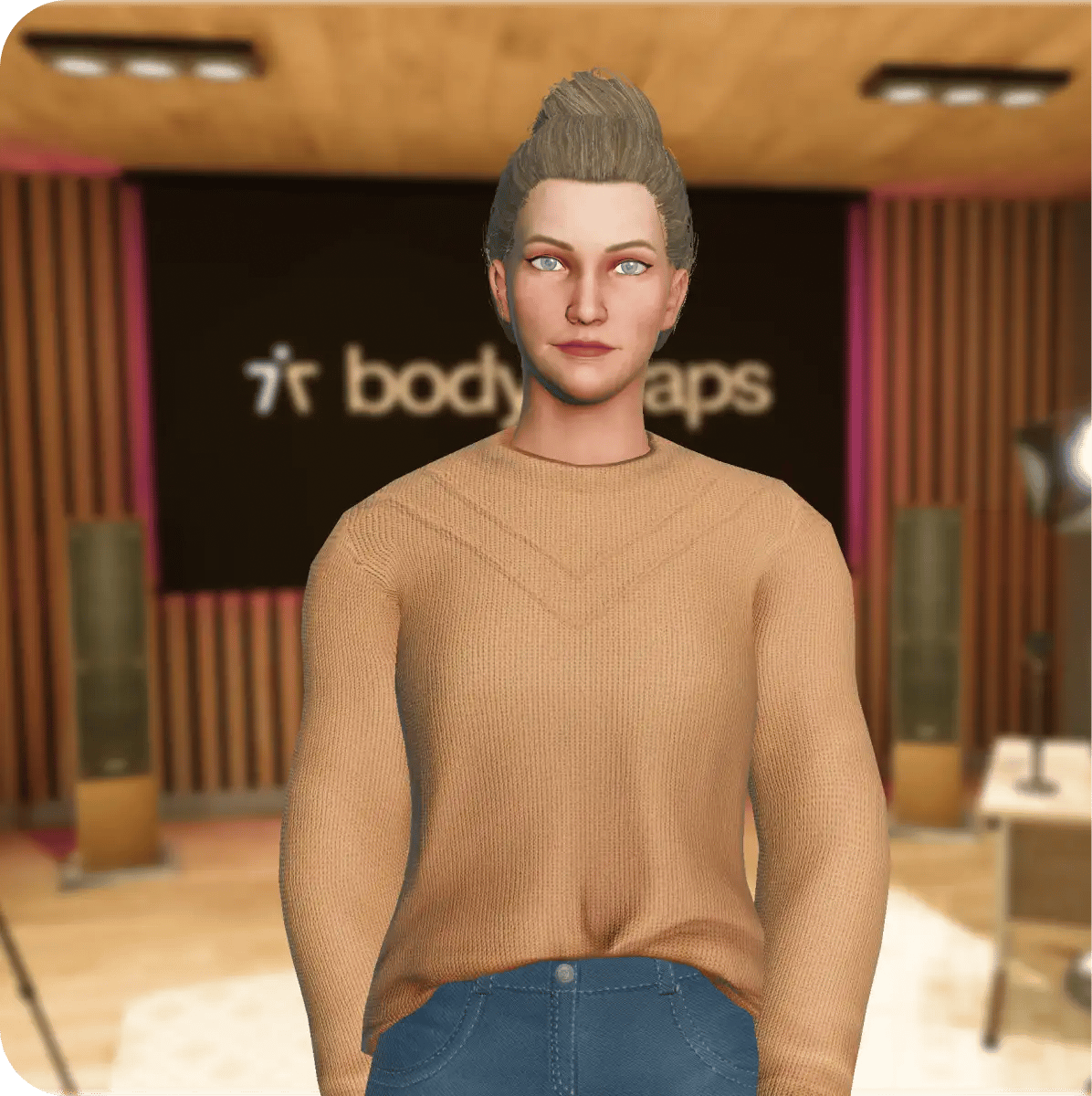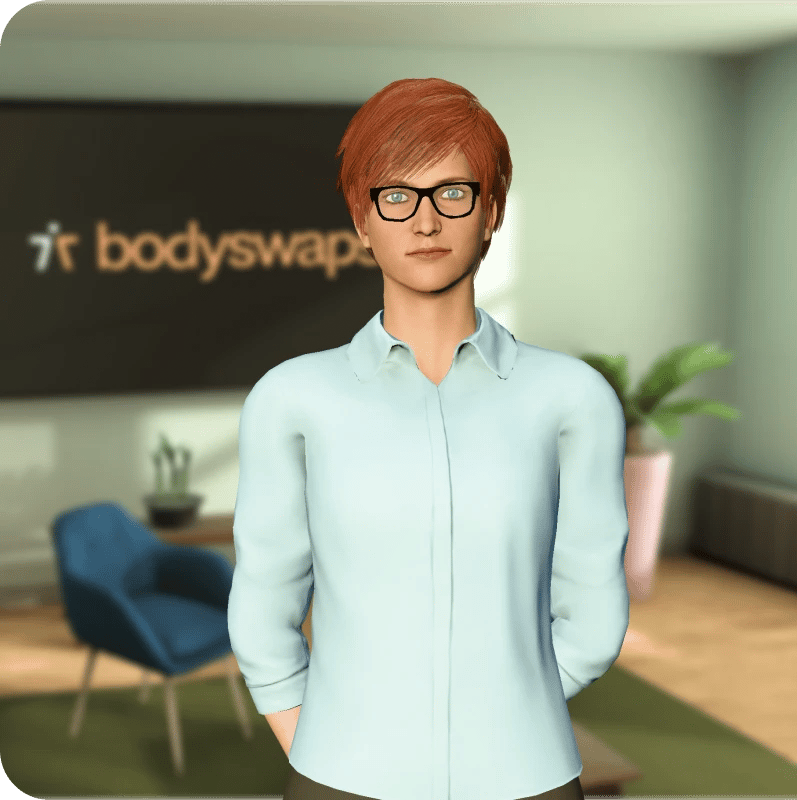Library
Explore our extensive library of modules that span across the education, corporate, and healthcare sectors. Our commitment to excellence drives us to consistently expand our library, collaborating with world-renowned experts and institutions.

_Carriage_Square.webp?width=797&height=800&name=Making%20a%20bad%20situation%20better_Florence%20(CETR%20version)_Carriage_Square.webp)


